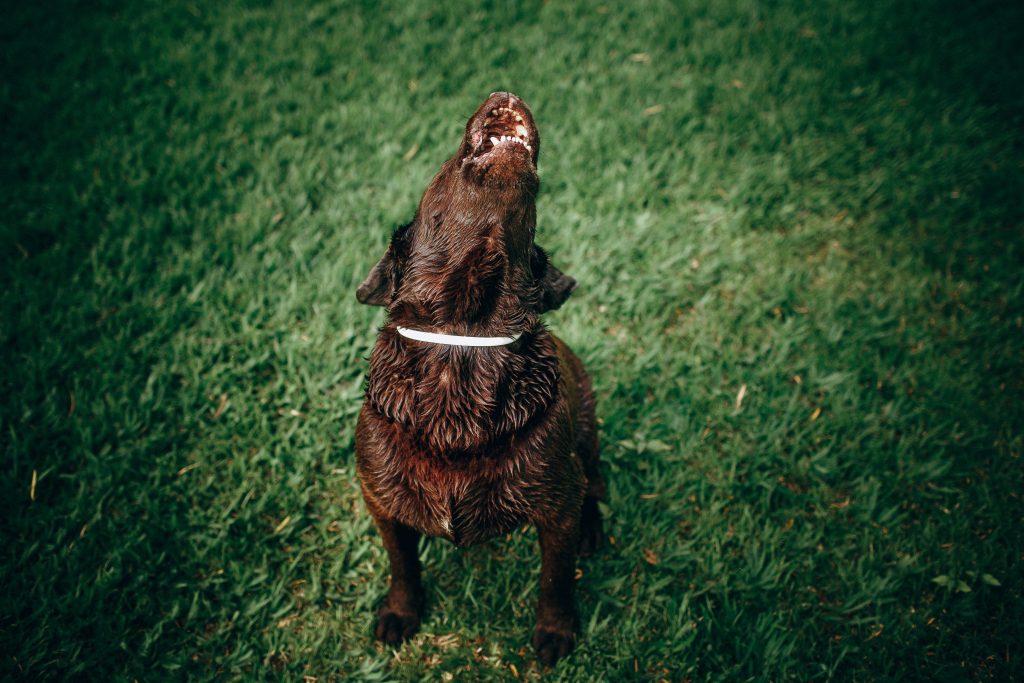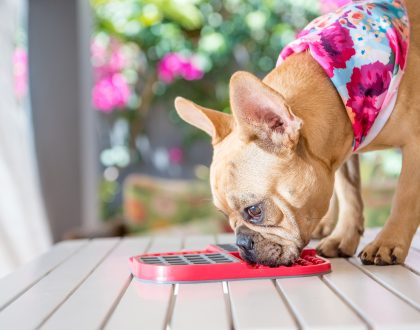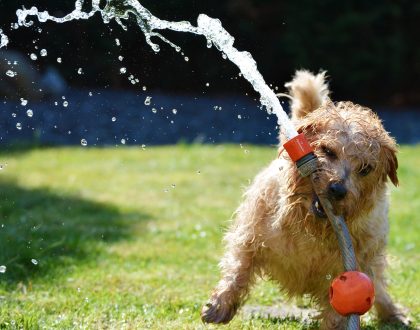Separation Anxiety

How to Address Your Dog’s Separation Anxiety and Shadowing Behaviour
Separation anxiety can be a real problem.
Have you noticed your dog getting agitated when leaving them behind, or can you feel their panic when you leave them alone in your home?
Is your dog always following you around more than usual? Your dog might be experiencing separation anxiety and shadowing behaviour.
You may be asking why is your dog exhibiting shadowing behaviour, and what is it a sign of? Also, how can you help your dog manage separation anxiety and shadowing behaviour? Finally, what are the causes of this type of canine anxiety, and how can they be addressed?
This article will offer ideas and tips to help your dog overcome separation anxiety and decrease behaviours that stem from the condition, including shadowing behaviour. Also, you will understand the reason for this type of anxiety and how to prevent it from happening.
When you have a pet, always ensure you know where the nearest vet clinic is in case of emergencies.
Addressing These Behaviours
Dogs, like humans, are social creatures that thrive when they have company. Because of this, there are some cases where dogs tend to cling too much to you and get distressed or agitated when they can’t see you.
This condition is called separation anxiety and can disrupt you and your dog. When your dog has separation anxiety, it will try to follow you around, shadowing your activity.
This behaviour can be stressful for you and your dog, especially if you must leave your pet at home. You can use different treatments to help manage your dog’s behaviour.
- Ask your veterinarian for any drug therapy to treat your dog’s separation anxiety. Research in the use of Cannabis-based oil is one of the many options to manage this behaviour.
- Work with a reputable dog trainer to help resolve the issue.
- Take your dog to doggy daycare to play with other dogs. You can search for these services online through websites that offer area guides.
- Don’t leave your dog alone in your home. You can have a friend come over and take care of your dog or bring your pets to people who can look after them while you’re away.
- You can take your dog with you when you go out if possible. Dogs love companionship the same as people do.
These are common ways to treat your dog’s separation anxiety. You can also consult your local veterinarian to get better information on managing your dog’s social needs.
See our Anxious Dog Tips.
The Correlation Between Canine Separation Anxiety and Shadowing Behaviour
Separation anxiety and shadowing behaviour are directly related because it involves your dog’s fear of being left alone. It’s normal for dogs to be clingy and follow you everywhere.
Shadowing behaviour is simply your dog wanting to be close to you when you’re around. It isn’t that much of an issue compared to separation anxiety. Shadow dogs like to follow you, but they will still be fine even when you leave.
Dogs with separation anxiety will panic when you leave them alone. They become stressed, agitated, and fearful, disrupting their day-to-day behaviour. Dogs with this kind of anxiety may howl, drool and pant when alone.
They may also urinate and defecate in your home and, in some cases, become destructive as they want to free themselves to find you. They may tear up fences or break barriers to get out. You should ask your local veterinarian for treatments to manage your dog’s anxiety.

What Causes Separation Anxiety in Dogs?
Currently, the exact cause of separation anxiety in dogs is still unknown. But, some factors can develop this type of anxiety and disrupt your dog’s normal behaviour. Here are some reasons that may increase your dog’s risk of developing this condition.
- A change in family or guardians may increase your dog’s risk of anxiety. The feeling of being abandoned or left in a shelter or on the streets can harm a dog’s mental condition resulting in severe anxiety.
- A change in the length of time dogs are left alone can also trigger the development of anxiety. Dogs are highly social animals and bond well with people caring for them. They feel anxious when you suddenly leave them for extended periods. (We are seeing more of this since Covid lockdown periods.)
- A change in residence can also trigger anxiety, especially if you frequently become unavailable or absent from them.
- A sudden change in household members can also result in a dog’s development of anxiety. Examples of these cases are when people who take care of them leave for good due to work, change in residence, and death.
Dogs have emotions that are similar to the social needs of human beings. As people, try to understand your dog’s feelings and how they long for you whenever you leave them behind. This symbiotic relationship is why dogs are regarded universally as man’s best friend.
Why not consider minding another pooch occasionally as a playmate for your dog. This can help ease separation anxiety.
Recommended Posts

Lickimat – 20% OFF
February 27, 2024

Hot weather and your dog
January 05, 2024

Frozen Kong recipes
January 05, 2024

